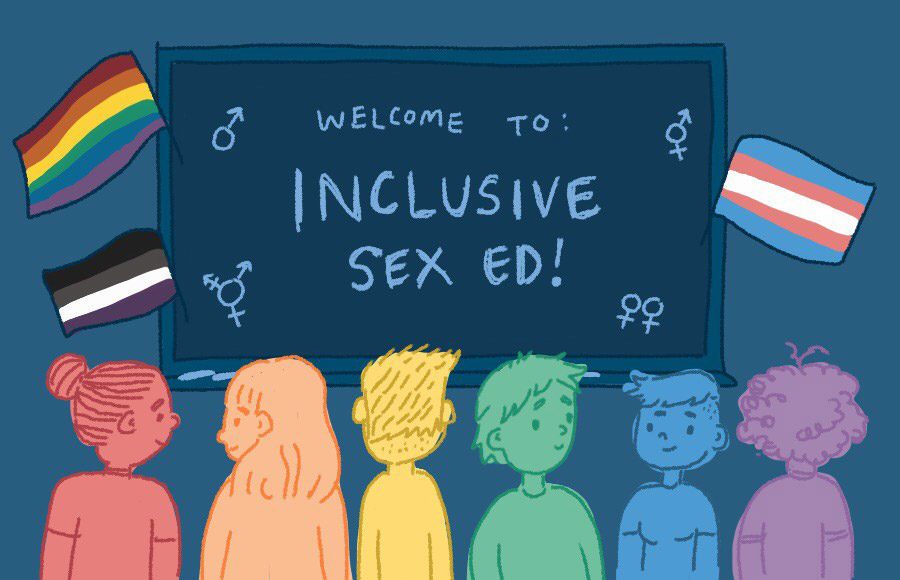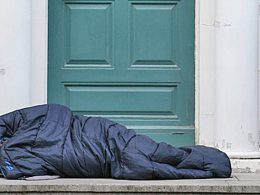By Grace Gageby
The #MeToo movement has gained traction internationally against a backdrop of a growing revolt against sexual violence and macho culture. From the women’s marches against Trump, the Ni Una Menos movement throughout Latin America, and the ubiquitous nature of the ‘Times Up’ slogan, the issue of gender-based violence can no longer be ignored.
In Ireland specifically, the recent court case where rugby players Paddy Jackson and Stuart Olding have been accused of sexual assault in Belfast all highlight how deeply ingrained rape culture is in the State. This can be seen in the invasive media coverage, misogynistic text messages of the accused and outrageous line of questioning taken by the defence barrister
Teaching consent
To truly challenge rape culture, the issue of consent must be a widely taught topic from a young age, as part of an LGBT inclusive, secular sex education programme in all schools. Currently in Ireland, primary and secondary schools are required to allocate 30 minutes weekly to Social and Personal Health Education (SPHE), with sex education making up just one part of this.
Research recently conducted in the University of Bristol (which concluded that sex education in Ireland and other European countries needed to be overhauled) reported young women in the classroom feared harassment if they participated in the class, the approach to sex was overly ‘scientific’, and the classes were not inclusive of LGBT students, with the assumption being that all the students were cis and straight.
Church domination
The focus on moralistic lectures and the dogma of the Catholic Church completely ignores the need to discuss consent as an essential part of any sexual activity. In a world where one in five women, and one in seven men who experience rape or intimate partner violence experience it first between the ages of 11 and 17, consent should be a core focus of SPHE education, beginning in primary school.
It is vital that young people are taught about consent, so it is clear nobody has a right to their body, just as they do not have a right to anyone else’s body, sexual partners included. As well as this, young people should be fully informed about contraception and the various different merits and drawbacks to each method, to allow teenagers to make informed decisions about preventing crisis pregnancies.
Currently in Ireland, 90% of primary schools are controlled by the Catholic Church, and sex education is required to reflect the Catholic ethos. Therefore, some schools opt for ‘abstinence only’ models, using scare tactics, and leaving young people at risk of crisis pregnancies or Sexually Transmitted Infections (STIs). As well as this, groups such as Youth Defence still advertise that they will deliver anti-choice talks in schools, and Pure in Heart teaches heterosexual marriage as the only acceptable form of relationship.
What is needed
Even in multi denominational schools, Catholic marriage counselling service, Accord, is paid to teach sex education. This organisation point-blank refuses to answer questions about LGBT relationships. This alienation of, and discrimination against LGBT students emphasises the need to separate Church and State for real equality and an end to rigid heteronormativity.
We need proper sex education, based on fact and science, not religious ethos. Ongoing discussions about consent are essential to tackling unhealthy or abusive relationships. We need to end a culture of machismo, victim blaming and misogyny. It is essential that a culture of mutual respect is fostered, in which everyone’s boundaries are respected.
We need to equip young people with the knowledge to protect themselves from crisis pregnancies: something the anti-choice brigade in the upcoming referendum on repeal have no interest in doing. We need a complete separation of Church and State and full equality for women and LGBT people.












